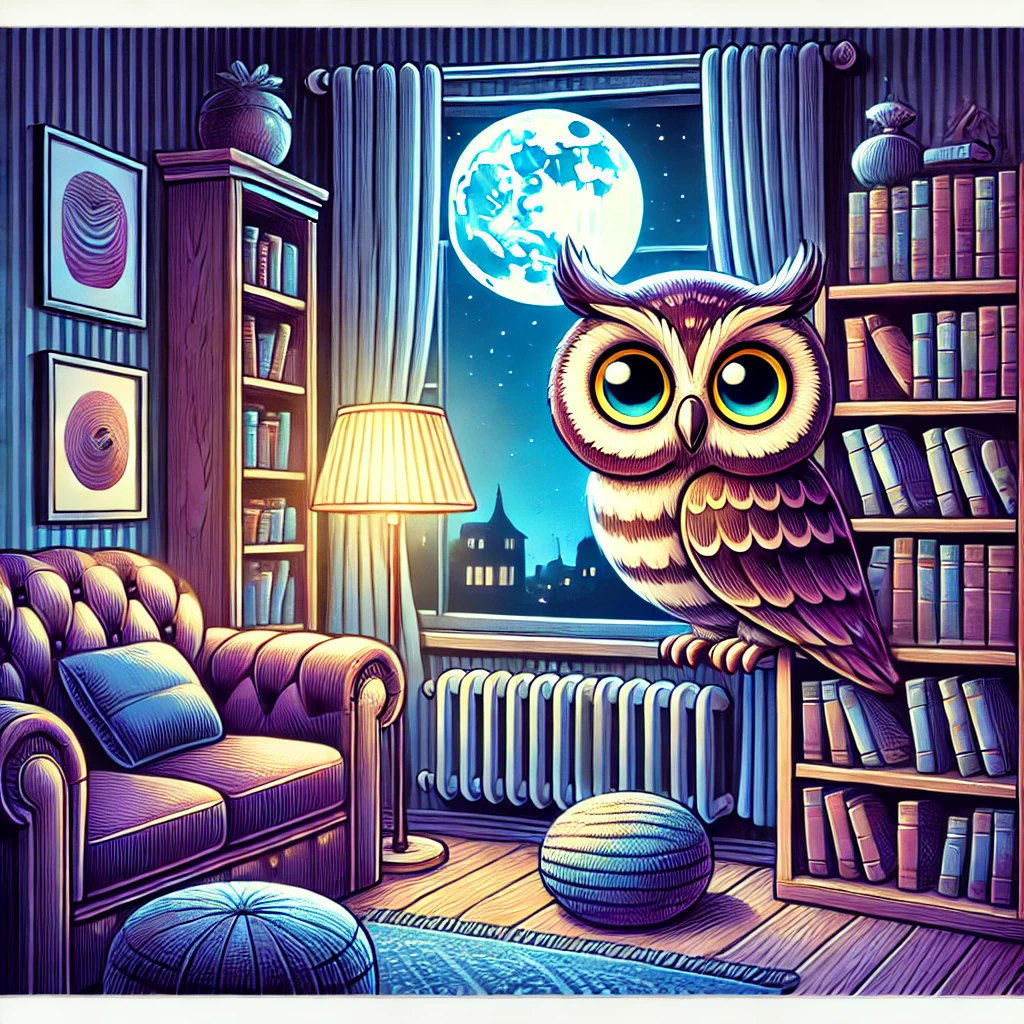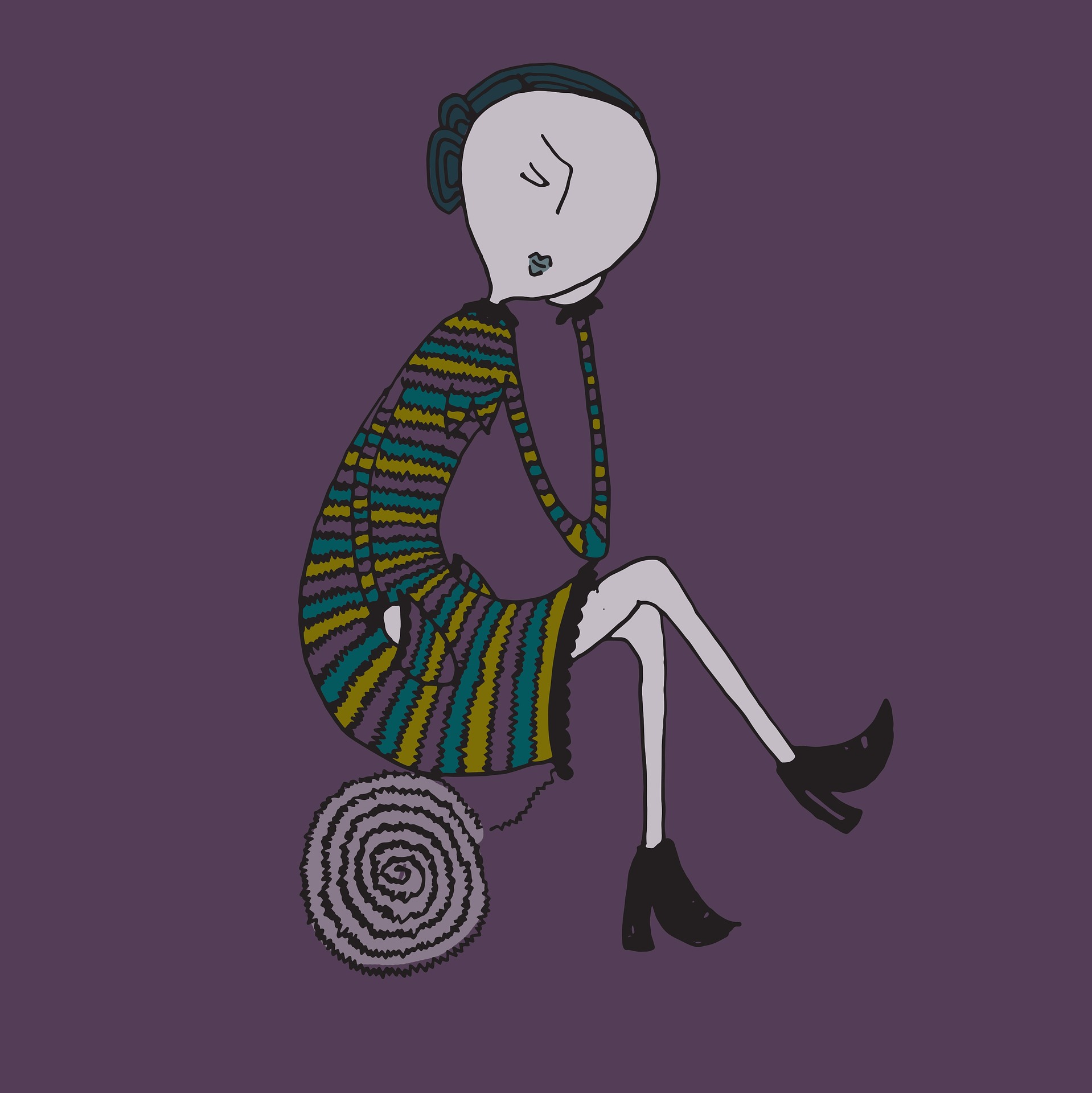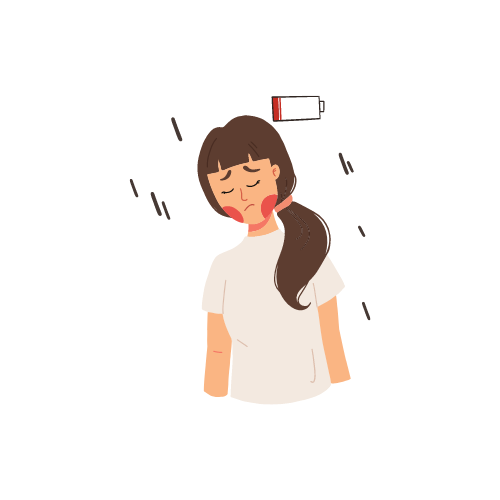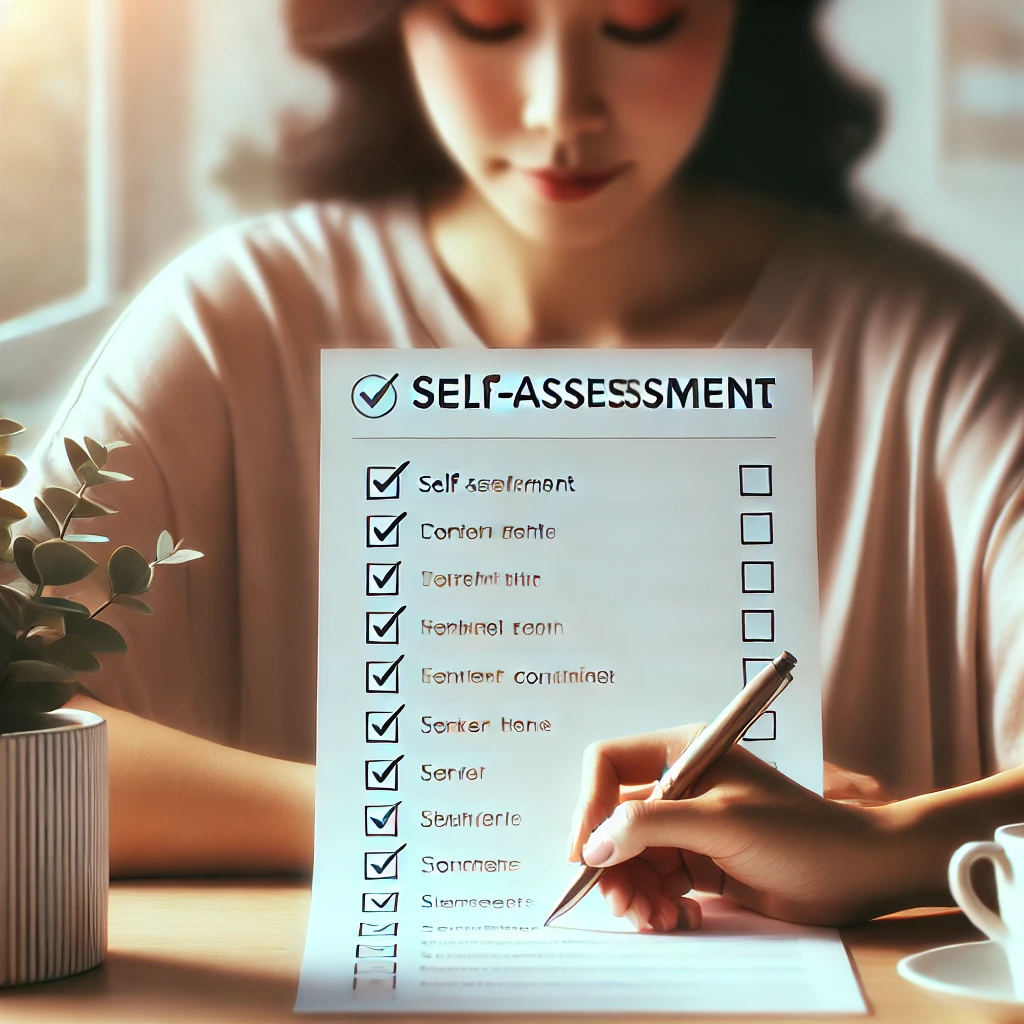Night Owl Tendencies in Women with ADHD: 8 Scientific Reasons for Nighttime Alertness
Are you an ADHD woman who feels like you come alive after dark? You’re not alone! Many women with ADHD experience heightened nighttime alertness, which often manifests in greater focus and creativity. Let’s explore the reasons why this happens and how you can work with—rather than against—your natural rhythms.
Understanding Circadian Rhythms: The ADHD Link to Nighttime Alertness
A common factor in ADHD nighttime alertness is a disruption or difference in the body's internal clock or circadian rhythm. Many ADHD women may have an "evening chronotype," causing melatonin production to start later, which naturally makes you feel more awake at night. Understanding these ADHD circadian rhythm disruptions, or differences, can offer insight into the root causes of night owl tendencies.
2. Sleep Disorders and Poor Sleep Quality
It’s common for those with ADHD to have sleep disorders like delayed sleep phase syndrome, sleep apnea, or restless leg syndrome, further reinforcing ADHD alertness at night. Women, in particular, may struggle with restful sleep or revenge bedtime procrastination, which can keep the mind wired long past bedtime.
3. Dopamine's Role in ADHD Nighttime Energy
Dopamine plays a massive role in ADHD, affecting focus, motivation, and arousal. Many women with ADHD feel energized at night due to fluctuations in dopamine, which can lead to this nighttime alertness we often see. This is why many with ADHD report being more focused and productive later in the day, explaining why ADHD makes you more alert at night.
4. The Challenge of Winding Down: Executive Dysfunction and ADHD
For people with ADHD, winding down can feel almost impossible due to challenges in what we call behavioral inhibition. This executive dysfunction makes it difficult to “switch off” when needed, keeping the brain alert and focused on engaging tasks. These traits contribute to night owl ADHD tendencies that many experience.
5. Emotional Dysregulation and Anxiety at Night
Many women with ADHD experience emotional sensitivity, often leading to increased anxiety at night. When the day's distractions fade, anxious thoughts can amplify, creating a state of hyper-alertness that keeps you from relaxing.
6. Harnessing Hyperfocus: Turning Nighttime into Productive Time for ADHD
Hyperfocus is a unique aspect of ADHD that often kicks in during quiet evening hours, creating ADHD alertness at night. This pattern of intense focus is why many with ADHD feel most productive at night, often getting caught up in tasks and working into the early hours.
7. Genetic Influences on Sleep and ADHD
Genetic factors influence sleep patterns, and those with ADHD may have a predisposition toward night owl tendencies. Genetics can impact how your brain processes energy and rest cycles, which is why some people with ADHD naturally feel more awake when others are winding down.
8. Impact of Stimulant Medications
Stimulant medications can play a role in ADHD nighttime alertness if taken too late in the day. Consulting with a doctor about optimal timing may help avoid this side effect, improving your sleep quality and minimizing alertness at night.
Managing ADHD Nighttime Alertness
For women who feel like natural night owls due to ADHD, there are strategies to work with this rhythm:
- Create an Evening Routine: Help signal to your body when it’s time for bed.
- Limit Bright Light Exposure: Encouraging melatonin production is crucial to avoid ADHD and insomnia in women.
- Medication Timing: Discussing proper timing can prevent your ADHD alertness at night from becoming disruptive.
- Strategize Tasks: If nighttime is your most productive time, consider using it for tasks that require focus. It's always best to work with your body's natural rhythms.
By understanding and managing these ADHD sleep patterns in women, you can make your night owl ADHD tendencies work for you! Embrace your unique wiring, and harness that extra energy for productivity and well-being!
If you'd like to learn more about sleep from my website, you can click on orange links.
References





